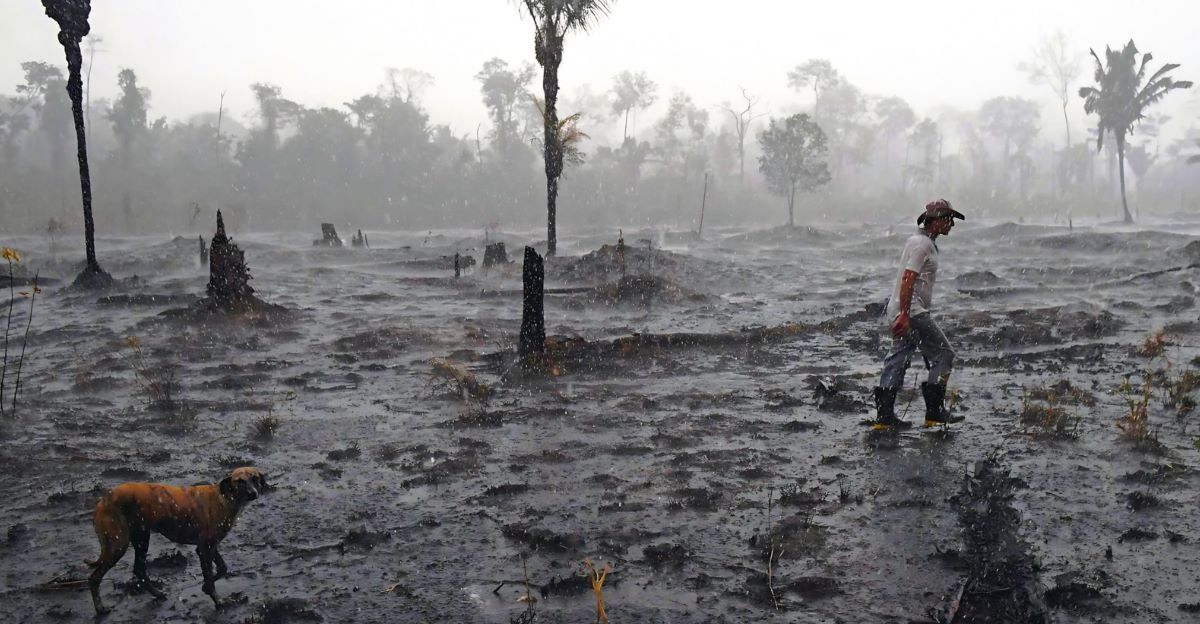
Mass extinctions sound like the ultimate endgame for our planet—meteor strikes, volcanic hellfire, climate collapse. But what if they’re not just the planet’s darkest moments… but its most powerful reset buttons? A bold new study says these mass wipeouts may actually strengthen life, making ecosystems more adaptable and creative afterward. But not everyone’s convinced. Is evolution using catastrophe as a shortcut? Or is this just a high-stakes gamble where too much is lost? Buckle up—we’re diving into a controversial topic.
When the World Hit Ctrl+Alt+Delete
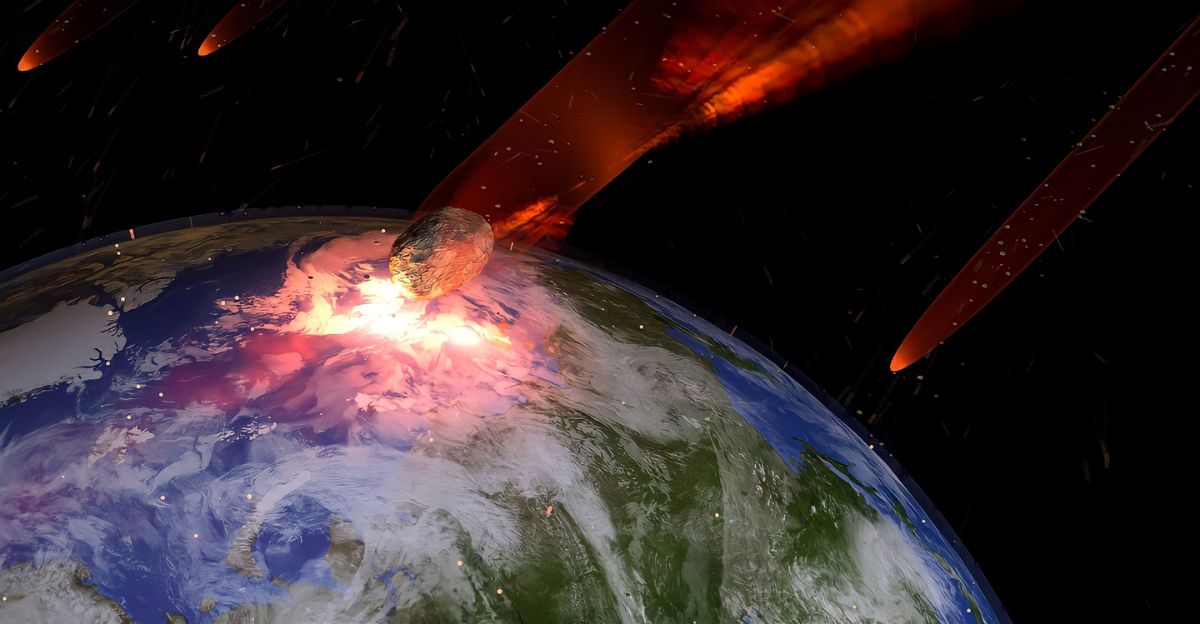
There’ve been five major mass extinctions in Earth’s history, each one wiping out 70–90% of life. Think Permian wipeout, dinosaur extinction, etc. After each event, life didn’t just return—it reinvented itself. Entirely new species, traits, and ecosystems emerged. Some scientists say that’s no coincidence, it’s evolution under pressure.
The “Creative Destruction” Theory
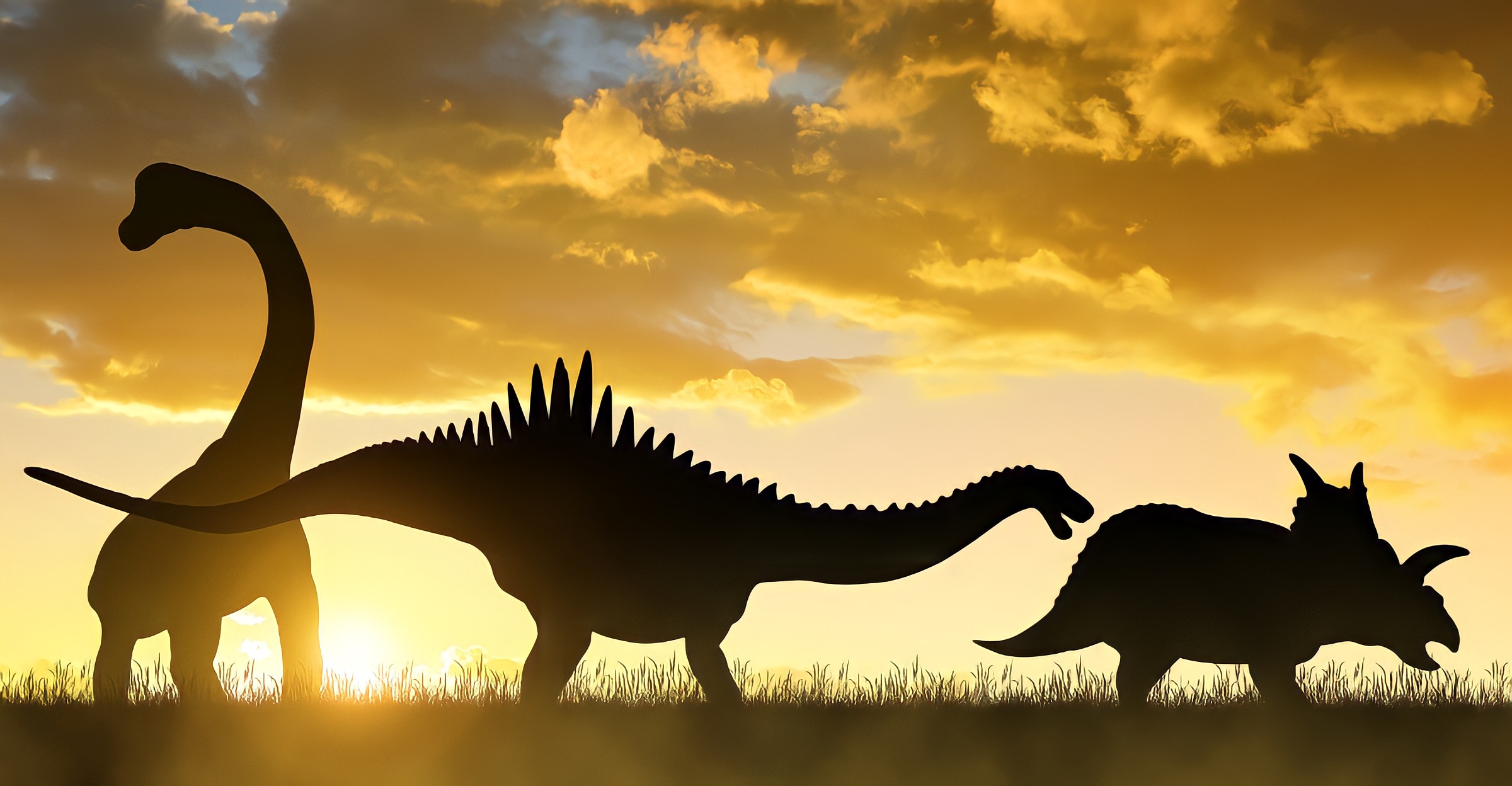
The idea? Mass extinctions clear the slate. Old, dominant species disappear, leaving room for newcomers to take over. It’s like clearing a crowded stage so new performers can shine. The result: explosions in biodiversity. This theory suggests that extinction events, while brutal, may fuel bursts of evolutionary creativity.
Critics Say… Hold Up

Plenty of scientists aren’t buying it. They argue that framing mass extinction as “productive” glosses over the irreversible damage. Unique species, entire evolutionary branches—gone forever. You can’t grow a stronger forest if you salt the soil. Extinction may reshape life, but “stronger” is doing a lot of work here.
The Sixth One’s on Us
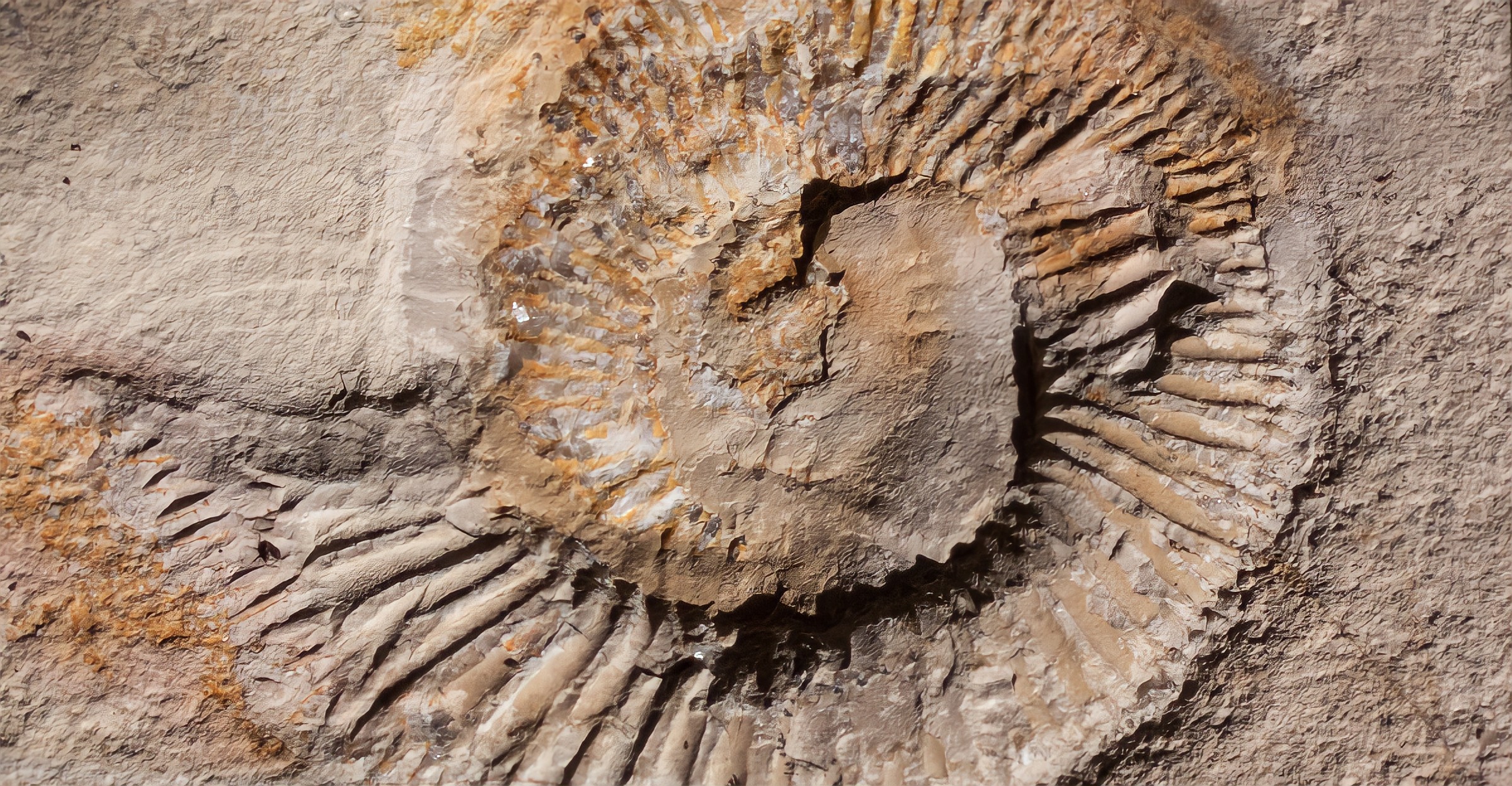
Here’s where it gets uncomfortable: we’re living through a potential sixth mass extinction, and this one’s man-made. Species are disappearing at unprecedented rates due to human activity. If past extinctions led to rebirths, should we take comfort? No. Evolution doesn’t guarantee us a happy ending—or a role in the sequel.
Evolution on Turbo Mode?

Some researchers argue that after a collapse, evolution accelerates. Species adapt fast to fill empty niches. New body plans, behaviors, and ecological roles emerge. This “adaptive radiation” is what gave us mammals after the dinosaurs vanished. But is it survival of the fittest or just the luckiest left alive?
The Fossil Record Is Questionable
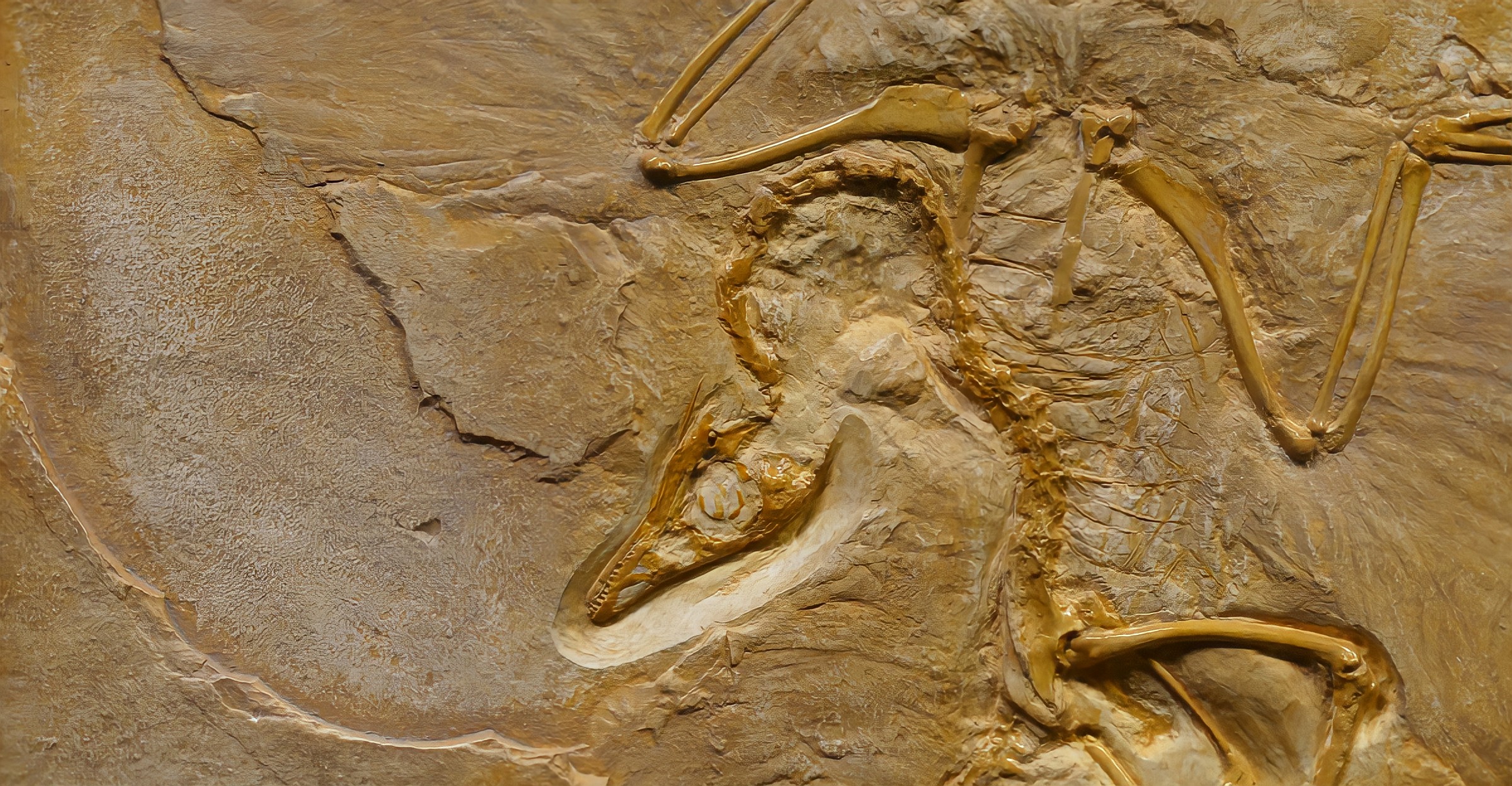
Yes, post-extinction booms happen. But they take millions of years. Between collapse and comeback is a long, dark age of chaos. Species don’t just bounce back, they crawl out slowly. So calling mass extinction a “reset” ignores the brutal downtime and instability that follows. It’s no quick fix.
Biodiversity Is Not a Bonus Round
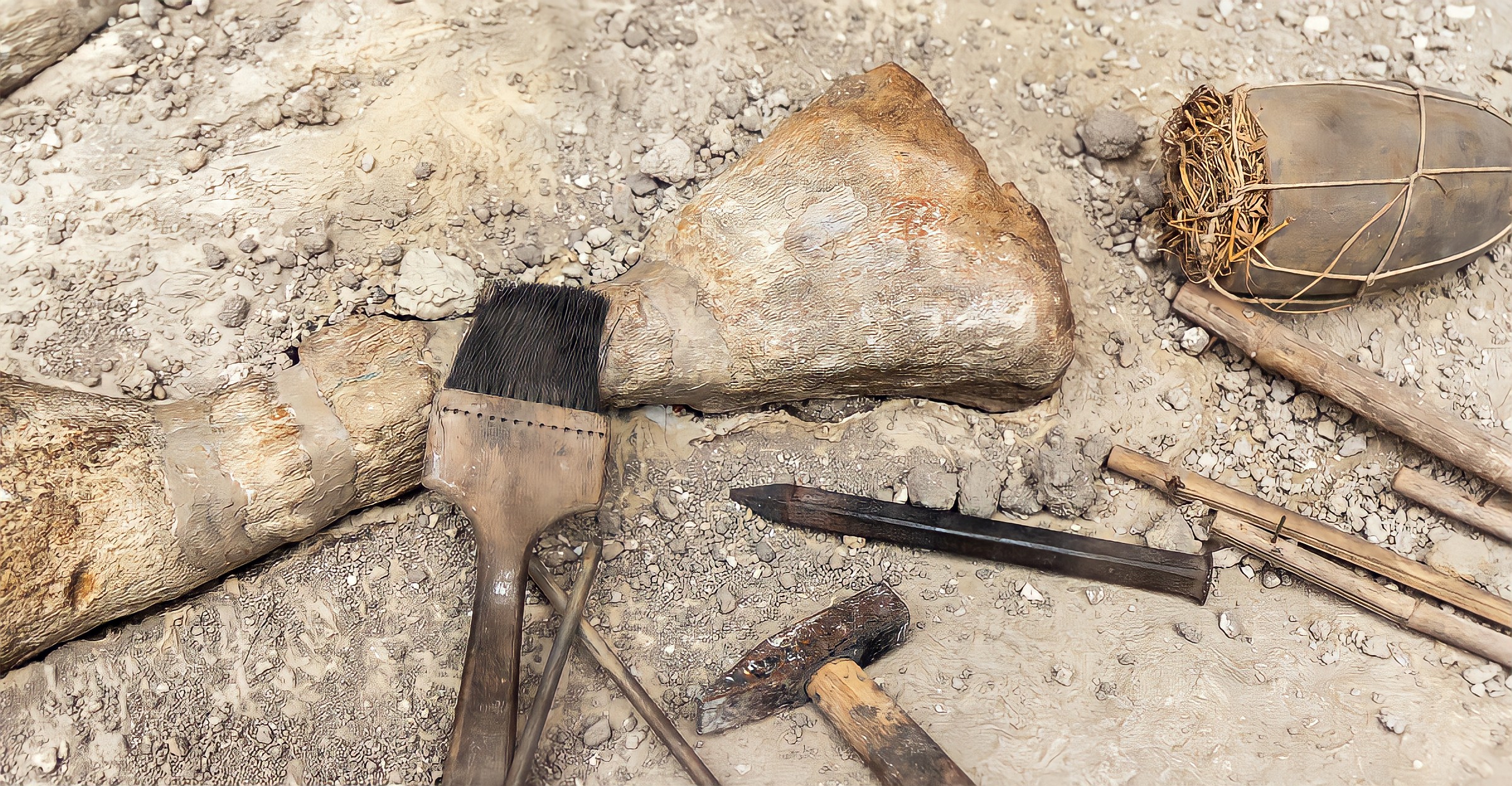
Some argue we’re missing the point entirely. Biodiversity isn’t just pretty or interesting—it’s essential. Losing species destabilizes ecosystems. Every extinction weakens a web that supports food, climate, and even medicine. Betting on evolution to “fix it later” is like crashing your car and hoping the airbags rebuild the engine.
What This Study Actually Said

The 2024 study, published in PNAS, found that post-extinction periods show surges in innovation but only after long delays. It doesn’t claim extinction is good—just that life can get creative under pressure. But critics worry the nuance is lost once headlines start talking “benefits of extinction.” Yikes.
So… Does It Make Life Stronger?
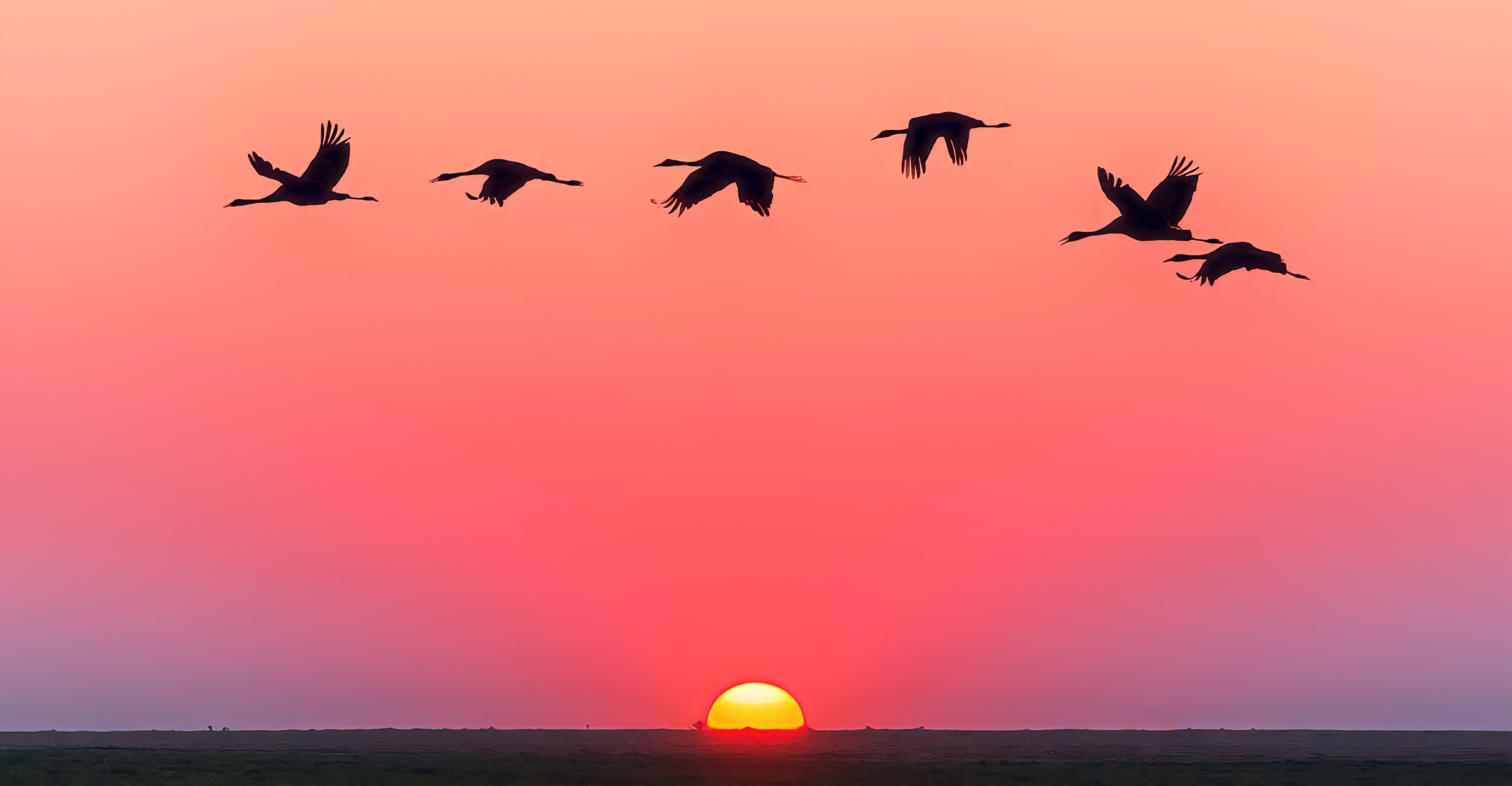
Here’s the spicy take: maybe. But “stronger” doesn’t mean better. It means different. Adapted. Hardened by fire. If mass extinctions are nature’s reset buttons, they come with a price tag so steep, no species should ever push it voluntarily. Including us. Especially us.
Don’t Romanticize the Apocalypse
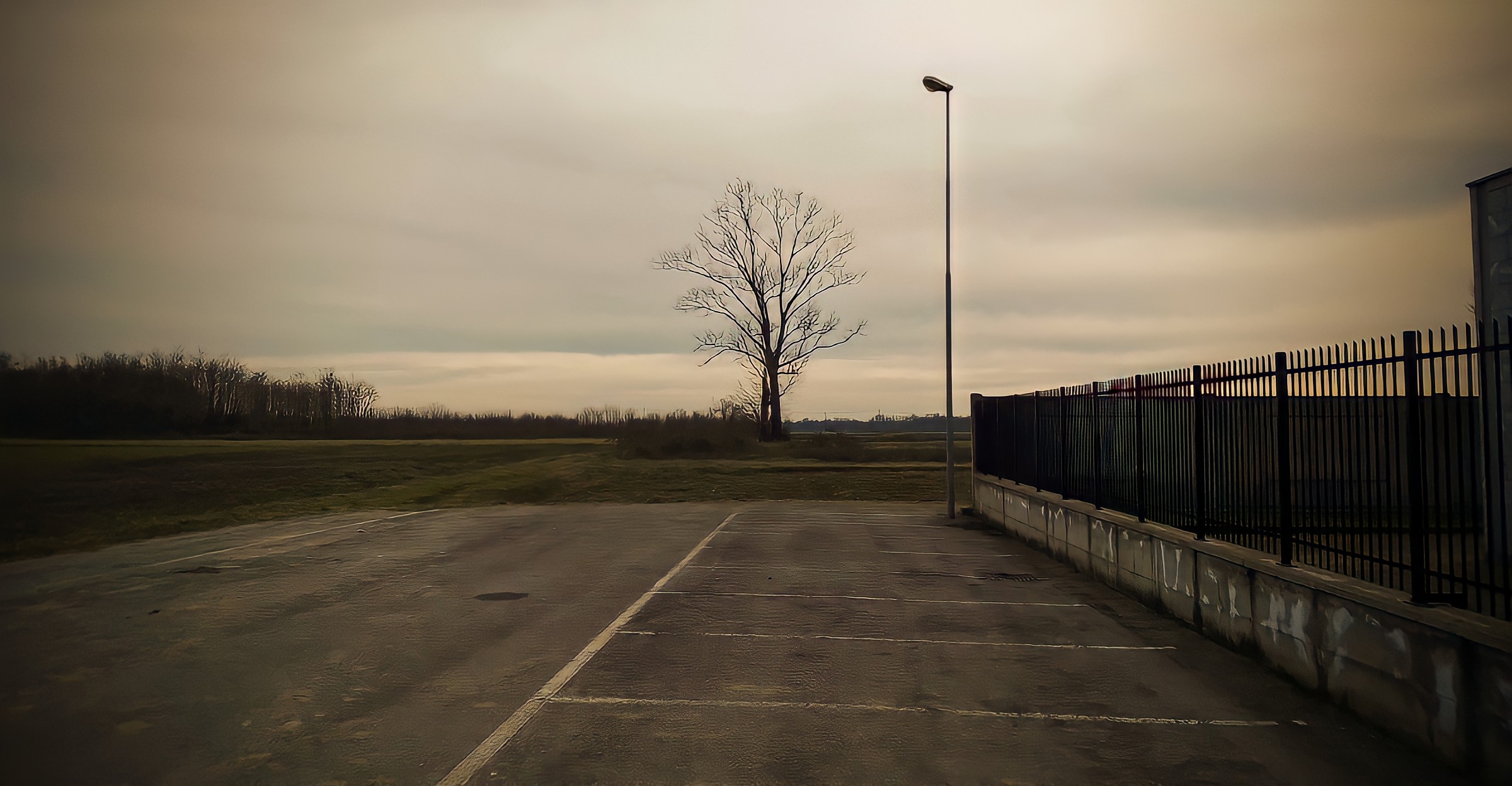
Mass extinctions may lead to bursts of biodiversity. But that doesn’t make them good, fair, or worth repeating. They are catastrophic events that break life’s rhythm and force a desperate rebuild. Let’s not treat them like inspirational moments. If life is a fighter, mass extinction is the punch. Not the plan.
Explore more of our trending stories and hit Follow to keep them coming to your feed!

Don’t miss out on more stories like this! Hit the Follow button at the top of this article to stay updated with the latest news. Share your thoughts in the comments—we’d love to hear from you!







